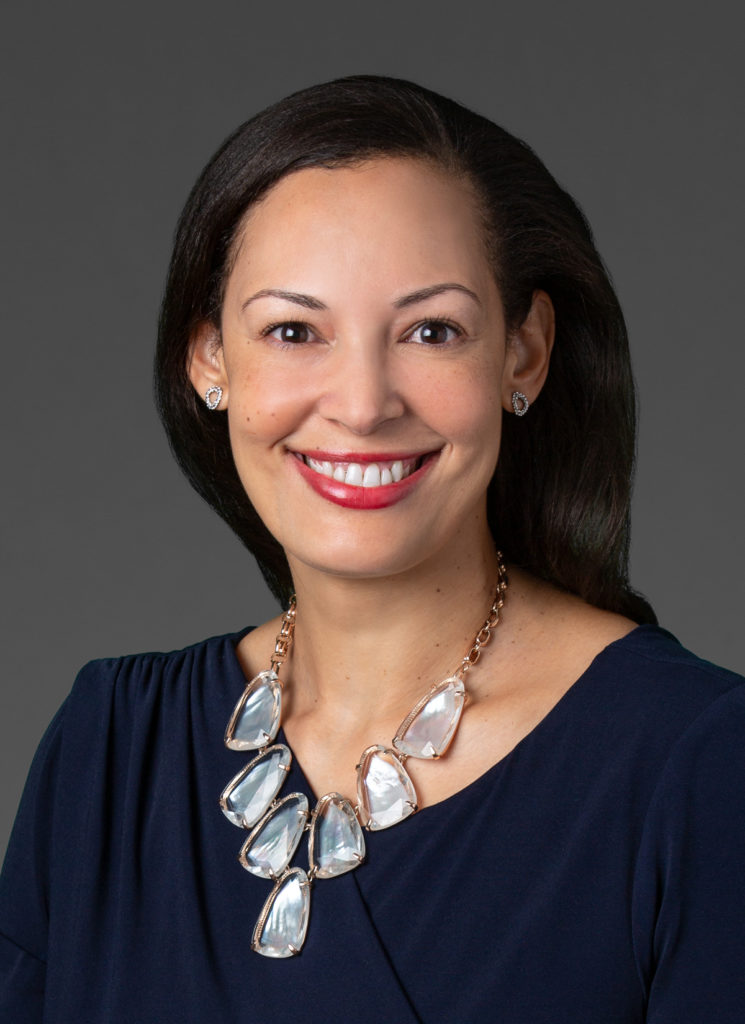I was 18 when I took the 23-hour Greyhound bus from my home in Dallas to Tallahassee, Florida, to begin my undergraduate studies at Florida A&M University, affectionately known as FAMU. FAMU is one of the country’s roughly 100 historically Black colleges and universities (HBCUs). According to the Higher Education Act of 1965, an HBCU is: “…any historically Black college or university that was established prior to 1964, whose principal mission was, and is, the education of Black Americans.” Historically, because of racial discrimination, HBCUs were often the only opportunity for Black Americans to earn a higher education.

It is hard to overstate the importance of HBCUs to Black Americans. According to a December 2021 report released by the United Negro College Fund, while HBCUs constitute only 3% of higher-education institutions in the country, they educate 10% of all Black college students and account for 50% of Black doctors, 50% of Black lawyers and 80% of Black judges. Many HBCU attendees, myself included, appreciate the “safe space” provided by HBCUs, where a person can focus on learning and enjoy being a student without having to manage the challenges that too often accompany being “the only” or just “one of a few.”
Although HBCUs have long been celebrated in the Black community (if the above statistics are not enough to convince you, just ask anyone who used to watch A Different World), they have recently enjoyed some mainstream acknowledgement and success; so much so, that a January 2021 Forbes article declared “Four Reasons Why 2020 Was The Year Of The HBCU.” The reasons cited by the author include how various presidential candidates, including now-President Biden, proposed as part of their educational platforms increasing federal funding for HBCUs, the new interest in HBCUs spurred by George Floyd’s murder and the racial justice movement, the record-breaking private donations made during 2020 and the recent historical firsts including the first woman of color and HBCU alum becoming the vice president of the United States.
Yet, despite this acclaim and resurgence in these beloved institutions, starting Jan. 31, 2022, and going through Feb. 1, 2022, more than 20 HBCUs were forced to lock down their campuses and, in some cases, cancel classes after receiving bomb threats. Although no bombs were ultimately found, these actions, which are being investigated as targeted, racially motivated hate crimes, still served to disrupt classwork and even worse, create an environment of fear, uneasiness, frustration and as one affected student described it, exhaustion. Although the events led to no physical damage, damage resulted nonetheless.
The bomb threats, which started on the eve of and continued through the first day of Black History Month, are not unlike experiences that many Black American lawyers have had and continue to have in the workplace. Many Black Americans feel a sense of pride upon graduating from law school and beginning their law careers. Frequently, they are the first to become a lawyer in their families, if not the first person to have attended and graduated from college. Despite most of the people they work with being genuinely supportive and invested in their future, throughout their career, they are likely to experience metaphorical “bomb threats” on occasion that serve to remind them that despite his or her value, not everyone who works with them wants them there or is rooting for them and that some will even go as far as to deliberately try to sabotage them. These “bomb threats” may be as “innocuous” as “forgetting” to invite the associate to a widely attended happy hour or not being deliberate about including them in conversations or on work projects – each of these creating an environment and feelings similar to those discussed above: fear, uneasiness, frustration and yes, exhaustion. Similar to above, though there may be no physical damage, there is damage just the same. In ALM’s 2021 Mental Health and Substance Abuse survey, roughly 31% of Black attorney respondents said they have contemplated suicide throughout their legal career compared to almost 19.4% of their white counterparts.
This year’s Black History Month’s theme is Black Health and Wellness. Although the intent is to pay homage to medical scholars and health-care providers, I pray that we also do not forget about our Black American lawyers who, like HBCUs, are still the target of bomb threats all too often.
Marian Fielding is counsel in the employee benefits and executive compensation practice group in Sidley’s Dallas office.
